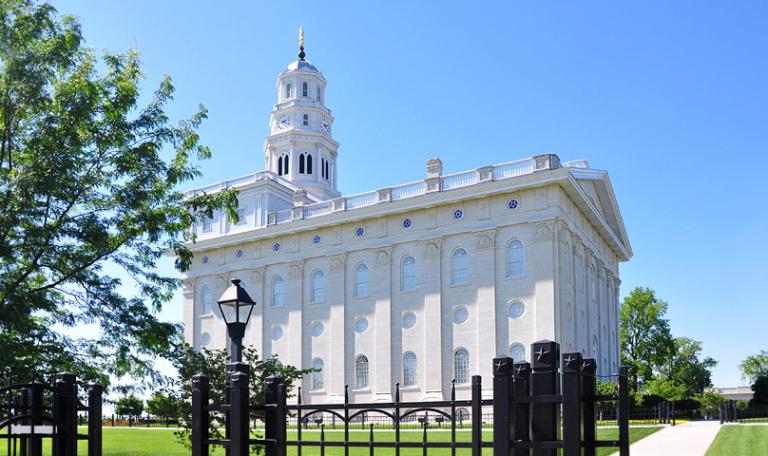
It’s a sore temptation to want to point to one’s good deeds in order to gain the admiration of others, or, even (and perhaps somewhat less unjustifiably), to silence unfair condemnation from critics.
But I know several people who’ve made substantial, even massive, donations to various worthy causes, yet whose names virtually never appear in connection with such generosity.
Right now, I’m thinking of three men, in particular, whose silence about their kindliness (in the face of reputations much to the contrary) has especially impressed me over the course of my indefensibly long lifetime.
One was a convert to the Church whom I met when he was my bishop in a BYU student ward. Now long dead, he had a reputation as a really tough and competitive businessman. And, for all I know, he was. Certainly he was highly successful. Some people that I met actually disliked him. (He was their landlord, and he was quite businesslike — while some of them, umm, may not have been.) But I was in his ward for two years before my mission, and several members of the congregation, I began to realize, were being kept in school and in their apartments by quite generous anonymous gifts; they themselves didn’t know the source of their money and, so far as I’m aware, they didn’t know about each other. But, by means of a chance discovery, I eventually learned that at least one of them was being supported by that very bishop, and I was able to figure out that several others among them most likely were, as well. Ironically, I eventually learned of another, a tenant in one of the bishop’s apartments, who griped bitterly about how strict his landlord was about on-time payment — though he was grateful, he said, that some anonymous person was helping him to meet his bills.
Another is a non-Latter-day Saint — a non-Christian, in fact — who provided some of the early funding for the Middle Eastern Text Initative, the project that I founded at BYU and that I led until being purged in 2012. (It has now been given away to E. J. Brill, in the Netherlands.) He’s more or less out of the public eye nowadays, but he was very visibly involved for years in a quite unpopular industry, and he was often demonized and vilified in the media. Still, he wouldn’t allow me to publicize his generous gifts to my project — and I know that he’s also been very generous to other humanitarian and scholarly efforts in Utah, as well as nationally and internationally. To seek publicity for his gifts, he told me, or even to allow such publicity, would be morally wrong. And, he said, his mother would have been very unhappy with him.
The third, now dead, was extraordinarily wealthy, and, frankly, had a public reputation as something of a a miser and a skinflint. I happen to know, however, of millions of dollars in private, unpublicized gifts from him that have made many very public things possible — including, but far and away not limited to, the reconstruction of the Nauvoo Temple (and, on a much smaller scale, the initial launch of the Middle Eastern Texts Initiative). I strongly suspect that he even derived some amusement from the contrast between his public reputation and the private, quiet reality.
I admire these men for their refusal to draw attention to their good deeds. In this regard, they plainly conform to the Savior’s admonition.












